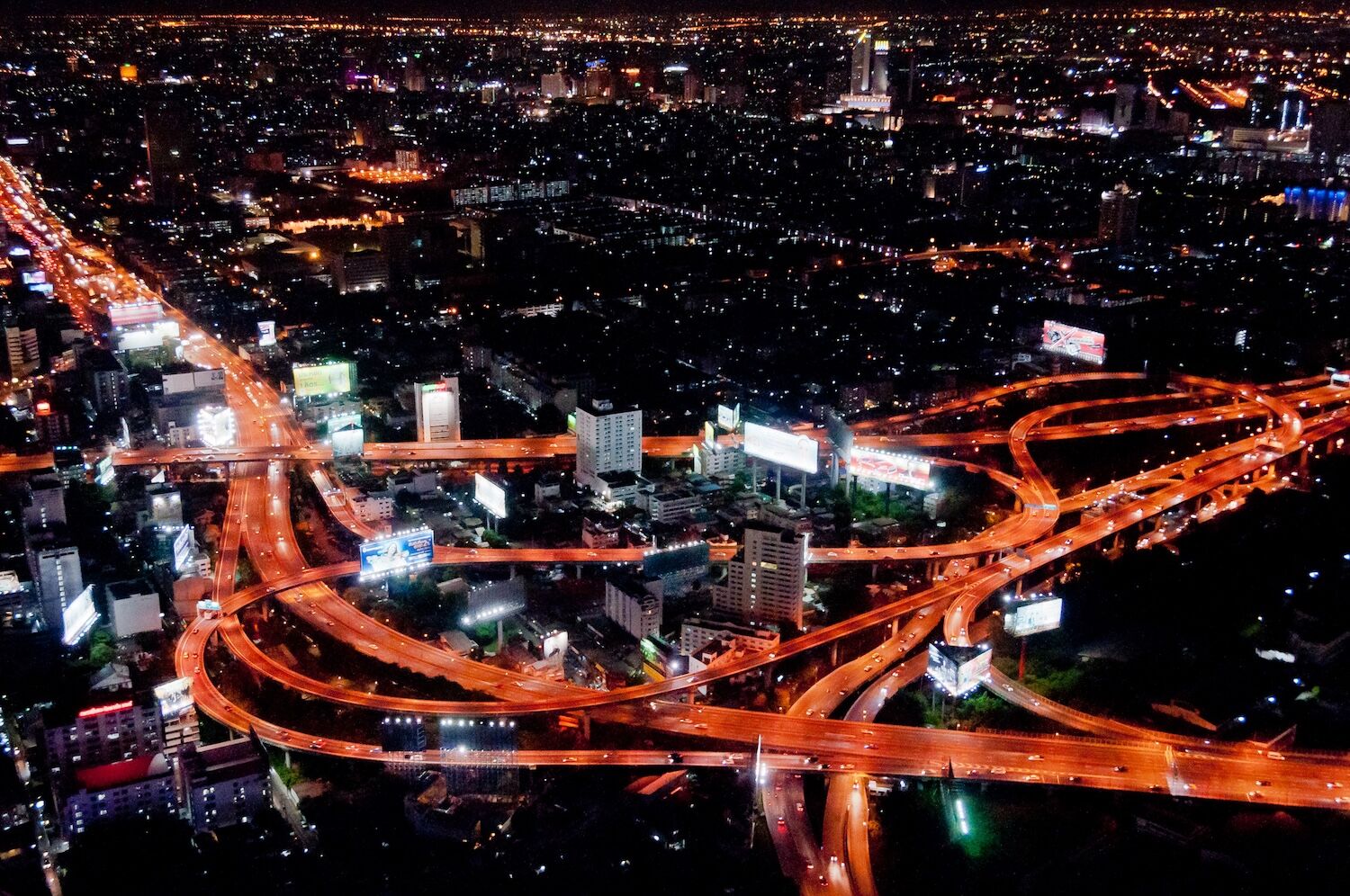EXAT digs deep but hits financial roadblock on N1 Expressway

The Expressway Authority of Thailand (EXAT) seems set to abandon its plans for an underground route in the controversial N1 Expressway development, citing financial concerns. EXAT Governor Surachet Laophulsuk revealed that the board has decided to delay the project after a study raised serious doubts about its financial viability.
Despite a promising equity internal rate of return (EIRR) projected at 19.2%, the financial internal rate of return (FIRR) is alarmingly negative, highlighting the project’s hefty price tag. Laophulsuk noted that the estimated costs, currently pegged at a staggering 50 billion baht, are largely driven up by the need for an underground route to lessen environmental impacts.
Given the negative financial outlook, Laophulsuk suggested that the project should be put on hold unless plans are modified to switch to an elevated route instead. This proposal will be forwarded to the Transport Ministry and the cabinet for further consideration.
In addition, EXAT plans to seek Cabinet approval this week for two other significant projects: an 11.3-kilometre stretch of the N2 Expressway and a 3.98-kilometre tunnel in Phuket. The N2 project, which will connect Prasertmanukit Road to the Outer Eastern Ring Road, is expected to cost around 16.96 billion baht, while the tunnel linking Kathu to Patong is estimated at 16.19 billion baht.
The feasibility study for the N1 Expressway revealed total project costs of 49.22 billion baht, which includes 44.5 billion baht for construction, 3.6 billion baht for land expropriation, and 1.06 billion baht for construction supervision.
During a public hearing, most participants expressed strong opposition to the underground route due to its soaring costs and doubts about its effectiveness in alleviating traffic congestion. The underground option was initially proposed as a replacement for a contentious section after consultations with Kasetsart University and local communities.
Environmental impacts
EXAT had previously evaluated various factors, including engineering, investment costs, and environmental impacts, concluding that an underpass was the most viable solution, reported Bangkok Post.
The proposed 6.3-kilometre structure was intended to traverse Ngam Wong Wan Road, passing through Phongphet, Bang Khen, and Kaset intersections before connecting with Prasertmanukit Road and the N2 Expressway. The N1 Expressway is anticipated to slash travel time between eastern and western Bangkok by a valuable 30 minutes. But for now, those plans remain up in the air.
What Other Media Are Saying
- Bangkok Post reports on local resistance to Bangkok’s proposed underground tunnel, emphasising cost concerns, land expropriation, and environmental impact. Residents oppose the costly underground route, citing elevated expressway benefits. (read more)
- World Highways reports on Thailand’s proposed US$1.47 billion underground expressway in Bangkok to alleviate traffic congestion, with resistance from locals and an environmental study planned for 2025. (read more)
- ASEAN Now reports Thailand’s first expressway tunnel proposed with a 36 billion baht investment, emphasizing the tunnel’s feasibility and environmental impact considerations. (read more)
Frequently Asked Questions
Here are some common questions asked about this news.
Why is the financial internal rate of return (FIRR) for the N1 Expressway project negative despite a high equity internal rate of return (EIRR)?
The high costs, especially for the underground route, outweigh the potential financial gains.
How might changing the N1 Expressway from an underground to an elevated route impact the project’s overall feasibility?
An elevated route could reduce costs, potentially turning the FIRR positive and making the project more viable.
What if the proposed route changes for the N1 Expressway fail to gain public support during future hearings?
Continued public opposition could lead to further delays or even cancellation of the project.
Why might the EXAT seek Cabinet approval for the N2 Expressway and Phuket tunnel projects despite financial challenges with the N1 Expressway?
These projects may have more favourable financial and public support conditions, making them more viable.
How does the projected reduction in travel time by 30 minutes for the N1 Expressway influence the debate over its financial viability?
Improved travel time could boost economic productivity and public support, potentially offsetting some financial concerns.
Latest Thailand News
Follow The Thaiger on Google News:


























